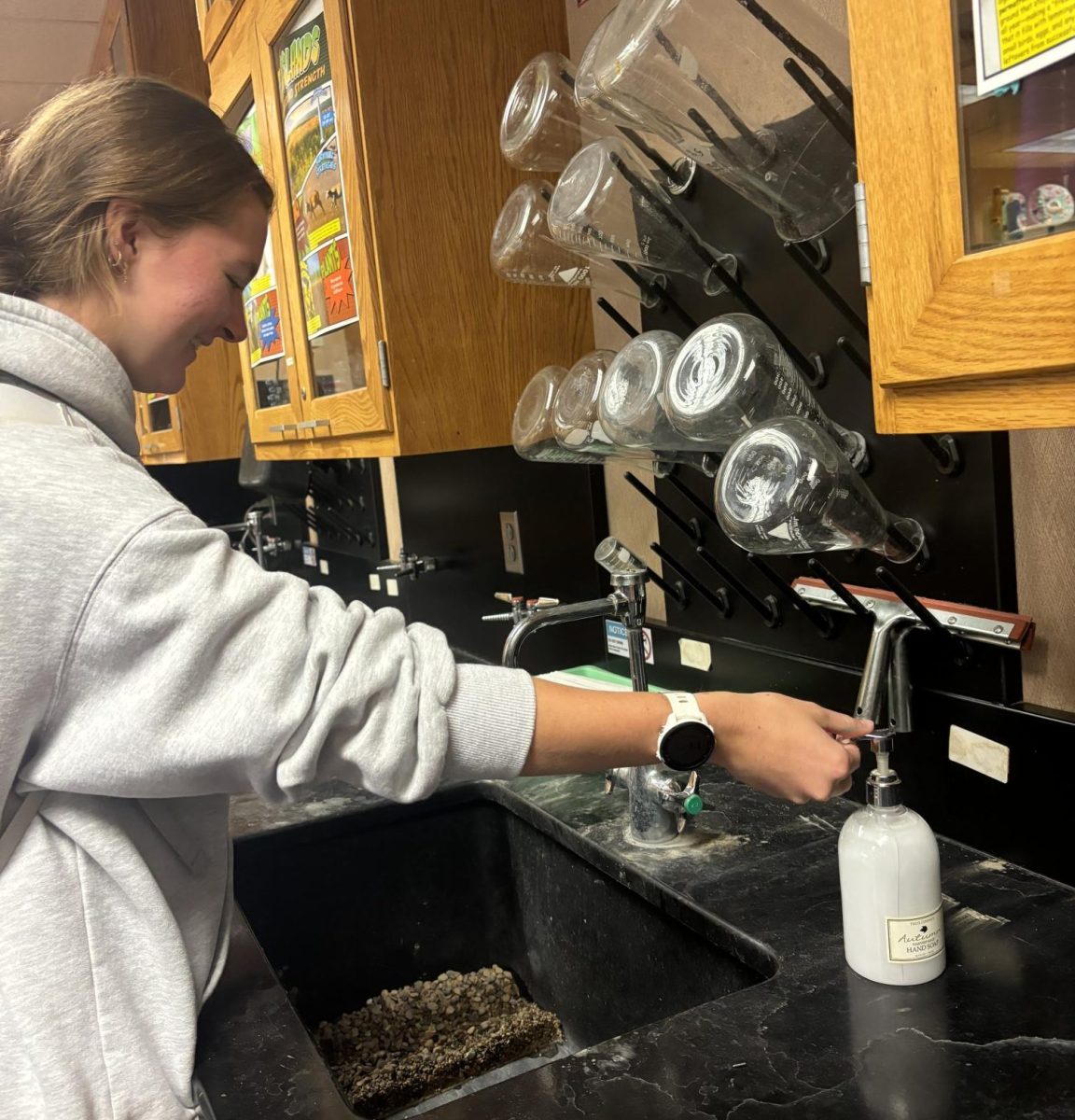Flu season stretches through fall and winter. As the weather gets cooler and fall approaches, students get yearly flu vaccinations to avoid the spread. However, the flu isn’t the only virus passing through North Central. Typically, more students get sick during the fall and winter months.
“We see the biggest increase in sickness in November through March,” school nurse Michele Debruyn says.
However, this school year, students have been dealing with illnesses since the beginning of August. Every week, a new group of students contracts an illness. Students in different grades and social circles complain of recurring cold-like symptoms.
“I just feel like the cold kind of stays,” junior Anikca Cisco said. “I know I got sick about a month ago. I had a runny nose, headache, and sore throat. And recently, even when I was walking out of English, I’ve had the same dirty cough and sore throat as before.”
While students are no longer sick, they have similar symptoms for extended periods.
“I was sick for three weeks with a runny nose, sore throat, and coughing,” junior Hadley Graber said.
While students may call their parents to pick them up or send them a pass, others see the school nurses, who have also noticed these symptoms.
“I’ve seen sore throats, coughing, and congestion,” Debruyn said
Having a cough and a mild cold is normal for students at school. In conversations between sick and average students, illness is a regular topic. Students must adapt to the constant passing of illness because there isn’t one source to contain.
“I feel like illness is just traveling around,” Cisco said. “There are so many people at this school; it’s just going from person to person.”
However difficult it may be to contain, students are frustrated with feeling constantly congested and ill.
“I think it’s annoying,” said Graber. “Having to stay home puts me constantly behind in school and stresses me out.”
In a school with around 4,000 students, stopping the spread of all sickness is impractical. However, students can take preventative measures.
“Wash your hands, wash your hands, wash your hands,” Debruyn said. “I can’t emphasize that enough. And wear a mask if you’re coughing. This type of cold, it’s easy to pass. You guys are stressed out, and your immune system goes down when you’re stressed out. You guys end up just passing the sickness about.”
With much of the student body already sick, avoiding illness may be complex heading into flu season.








